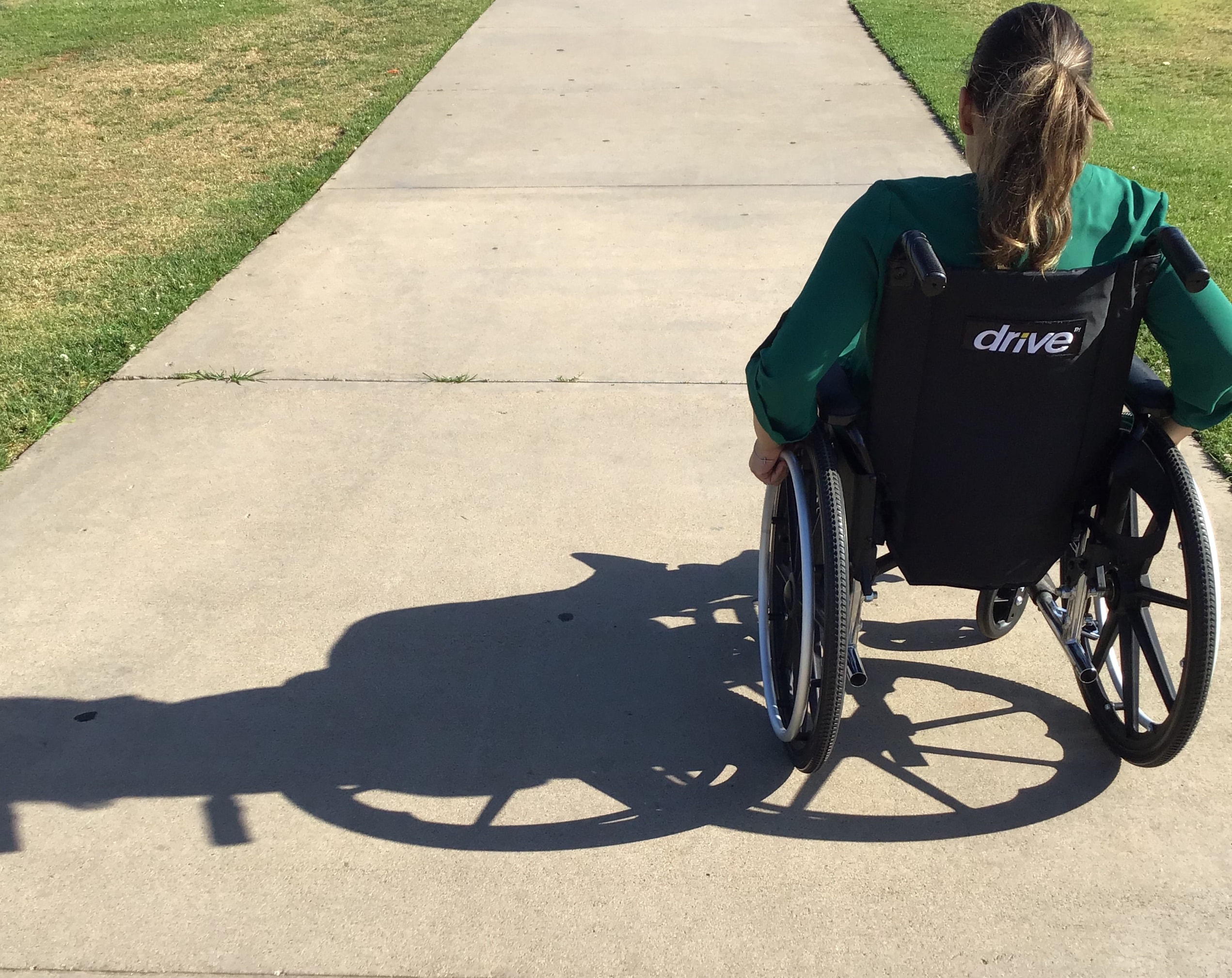
Wheel-Trans is Watching: An Investigation into the Toronto Transit Commission’s Use of Video Surveillance on Wheel-Trans Vehicles
The Issue
In 2006 and 2007, the TTC installed video surveillance cameras in all of its vehicles for the specific purposes of improving public safety and security and deterring crime. The use of video surveillance was later expanded to include the Wheel-Trans vehicles, which provide transportation services for riders unable to use conventional transit because of mobility challenges.
Our Investigation
In January 2013, the Ombudsman opened an investigation into the TTC’s use of video recordings on Wheel-Trans vehicles for purposes of reassessing riders’ eligibility.
We interviewed TTC staff, Wheel-Trans riders, staff of various advocacy organizations on accessibility/disabilities, management of the health company that provides the TTC with independent assessors, and a member of the public who complained to our office.
We also reviewed various legislation, case law, policies, privacy reports, TTC rider files and related documents, and conducted comparative research looking at other cities’ practices with respect to the use of video recordings to reassess riders’ eligibility for para-transit.
What We Found
The investigation found that the TTC did not follow due process in the development and implementation of its video surveillance policy. It did a poor job of informing riders that video recordings could be used to confirm eligibility for Wheel-Trans services.
The TTC ignored the basic tenets of procedural fairness in assessing and reassessing Wheel-Trans eligibility. The investigation found that the TTC did not disclose the video surveillance to riders selected for reassessment. In those cases where a rider’s eligibility was terminated, the TTC did not adequately reveal the reasons for its decision.
Our Recommendations
In response to our findings, we made 11 recommendations to ensure the TTC follows due process, should it continue to use video surveillance to assess the eligibility of riders for Wheel-Trans services. The recommendations concern public consultation, notification, and an amendment of their video recording policy.